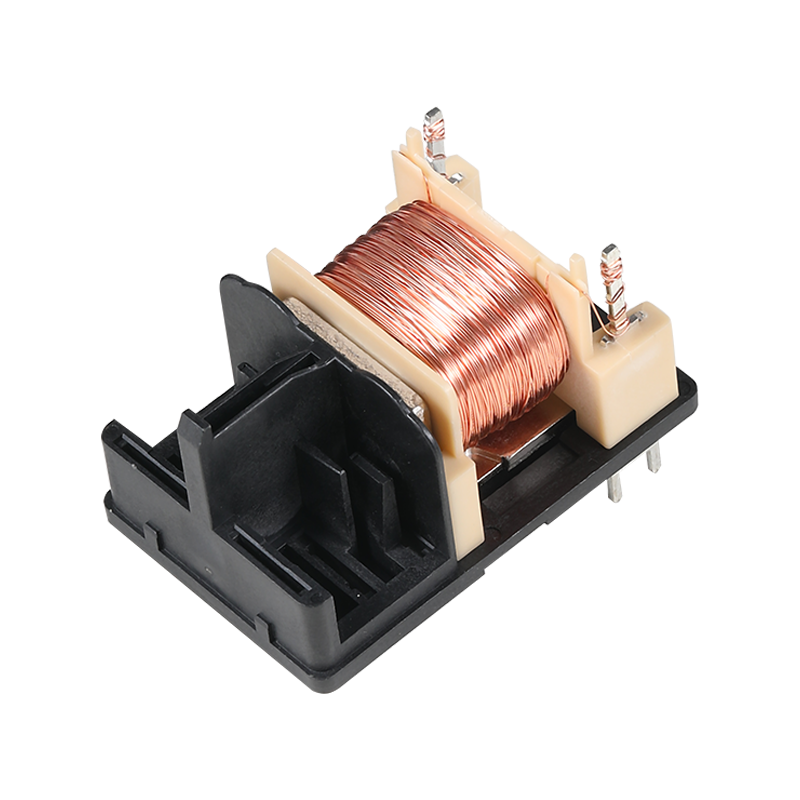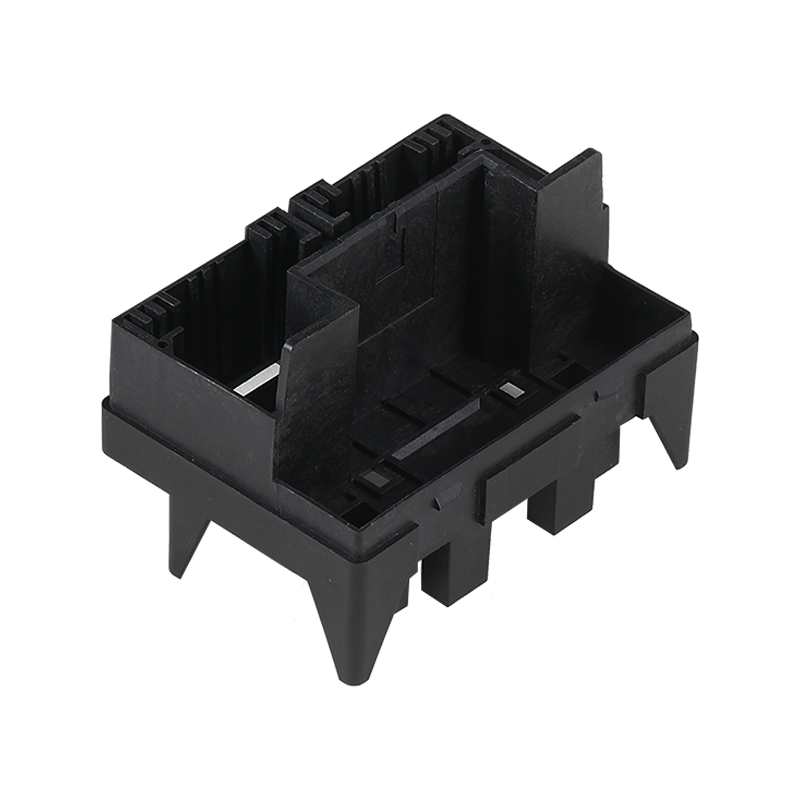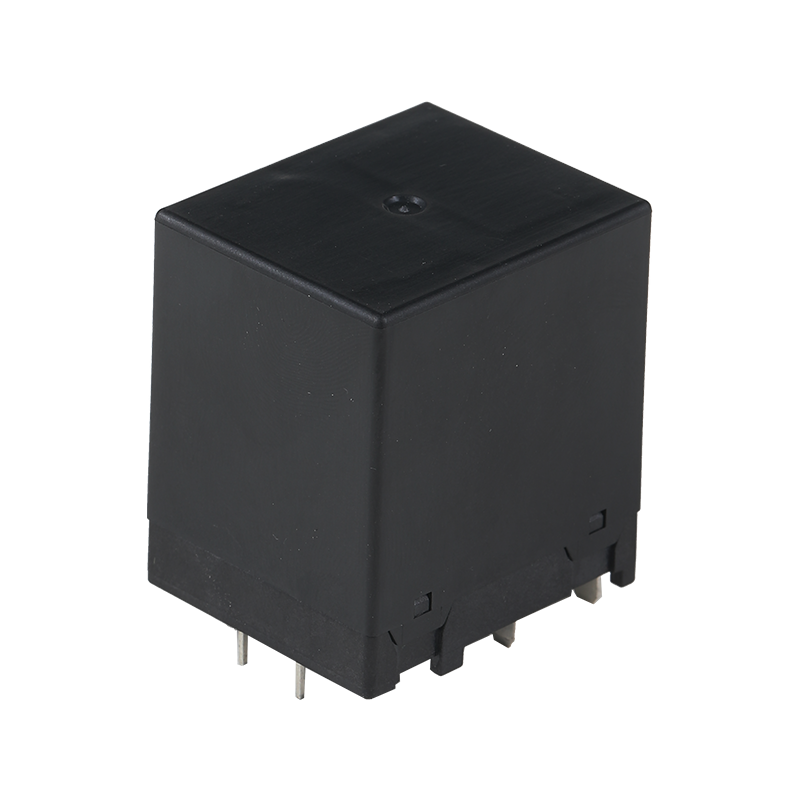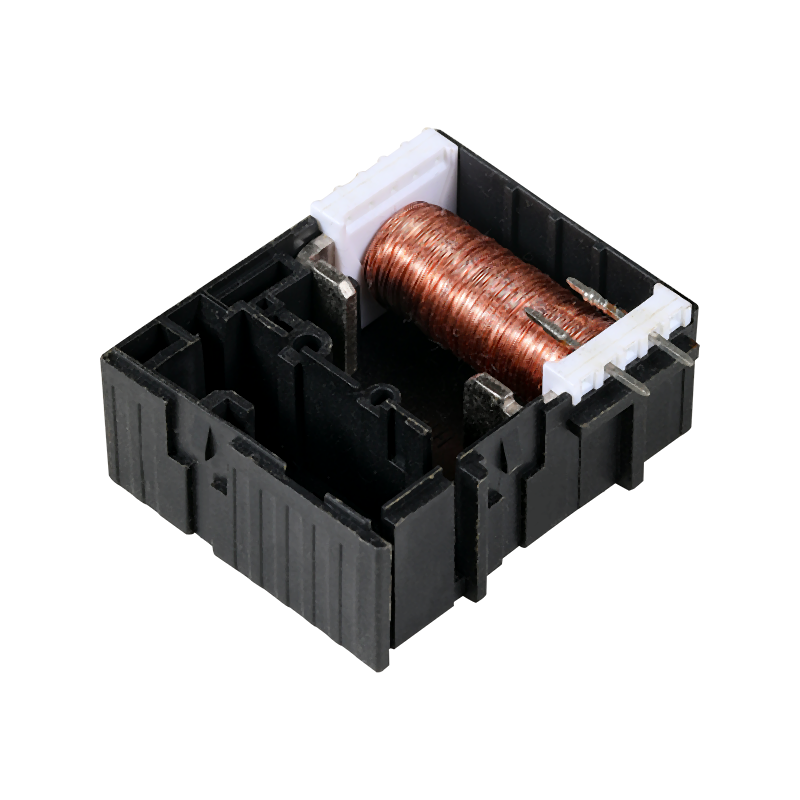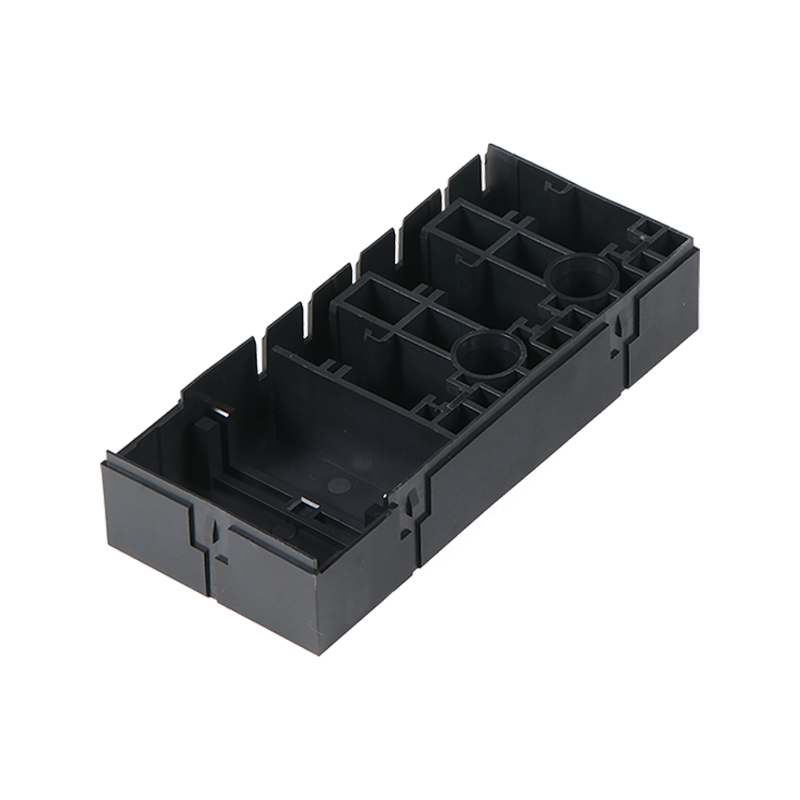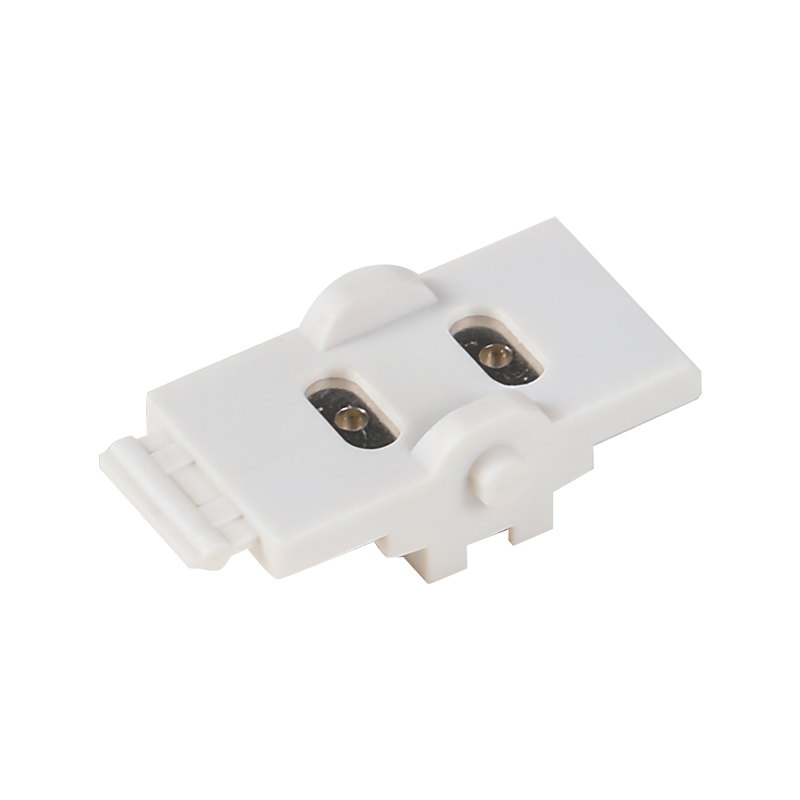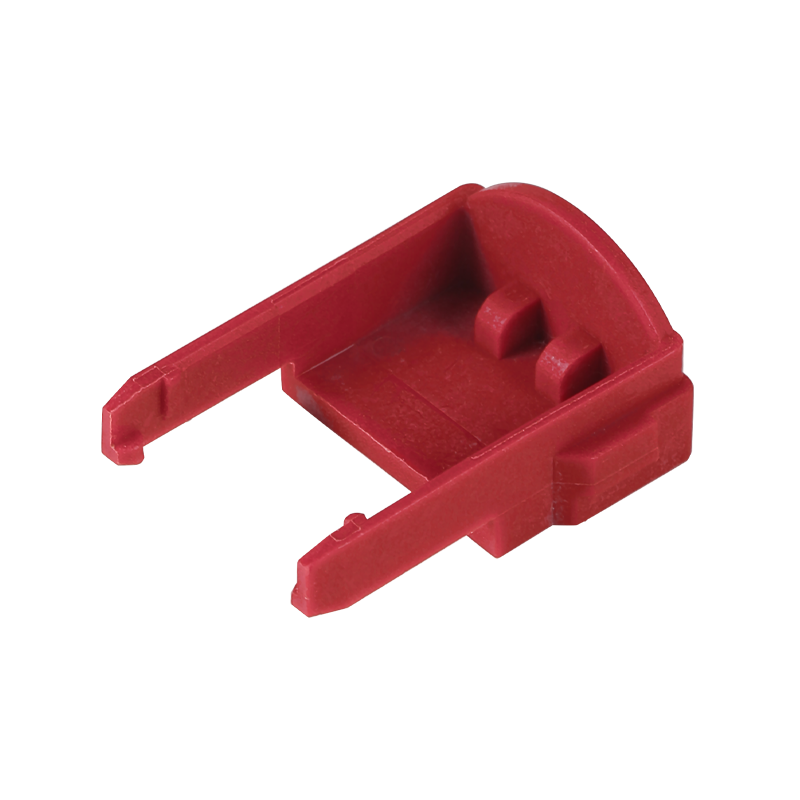
Capacitor wire connectors, circuit board connectors, and electrical brass connectors are essential components that facilitate this flow, ensuring the efficient operation of a wide array of devices. These connectors play a silent but critical role in the functionality and safety of electronic systems.
Capacitor wire connectors are small yet significant parts used to connect capacitors to the circuit. Capacitors store electrical energy in an electric field and are vital for filtering, coupling, and decoupling in electronic circuits. The connectors ensure a secure and efficient connection, preventing energy loss and ensuring the capacitor can perform its function effectively. They are designed to handle high voltages and currents, making them indispensable in power supply units, audio equipment, and various other electronic devices.
Circuit board connectors, also known as PCB connectors, are the interfaces that allow different electronic components to communicate with each other on a printed circuit board (PCB). These connectors are responsible for establishing a reliable electrical and mechanical connection between components, which is crucial for the seamless operation of complex electronic systems. They come in various forms, such as through-hole, surface-mount, and edge connectors, each designed to meet specific requirements in terms of space, durability, and performance. The precision engineering of these connectors ensures small resistance and high signal integrity, which is essential for high-speed data transfer and processing.
Electrical brass connectors are widely used in applications where durability, corrosion resistance, and high conductivity are required. Made from brass, a metal alloy known for its electrical and thermal conductivity, these connectors provide a robust connection in various environments. They are commonly found in automotive electrical systems, industrial control panels, and home appliances. The use of brass also ensures that these connectors can withstand the test of time, maintaining their performance even in the presence of moisture and other corrosive elements.
Safety is a paramount concern in the design and use of electronic devices. Connectors play a critical role in this regard by providing a secure connection that prevents electrical shorts, overheating, and other potential hazards. They are designed with safety features such as locking mechanisms and insulation to prevent accidental disconnections and electrical shocks. The reliability of these connectors is tested under various conditions to ensure they can withstand the rigors of daily use and environmental factors.
The field of connector technology is constantly evolving to meet the demands of modern electronics. Innovations such as high-density connectors, which allow for more components to be packed into a smaller space, and high-voltage connectors, which can handle the increased power demands of new technologies, are examples of how the industry is adapting. Additionally, the development of connectors that support faster data transfer rates is crucial for keeping pace with the ever-increasing speed of communication in digital devices.
The importance of using high-quality connectors cannot be overstated. Poor quality connectors can pilot a range of issues, from intermittent connections and signal loss to complete system failure. They can also pose a safety risk, as they may not be able to handle the required voltage or current, pilot overheating and potential fires. Therefore, it is essential to select connectors that meet the necessary industry standards and are manufactured to the high quality specifications.
In conclusion, capacitor wire connectors, circuit board connectors, and electrical brass connectors are the unsung heroes of the electronic world. They may be small in size, but their impact on the performance, safety, and reliability of electronic devices is immense.

 English
English 中文简体
中文简体 русский
русский



